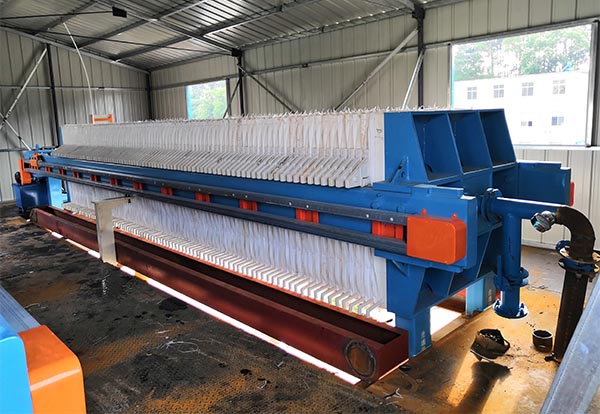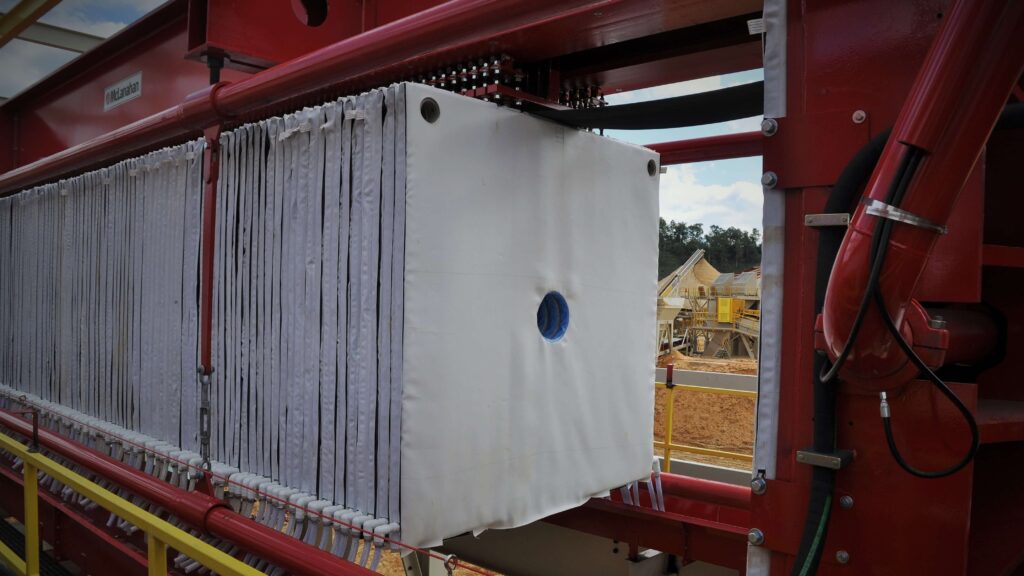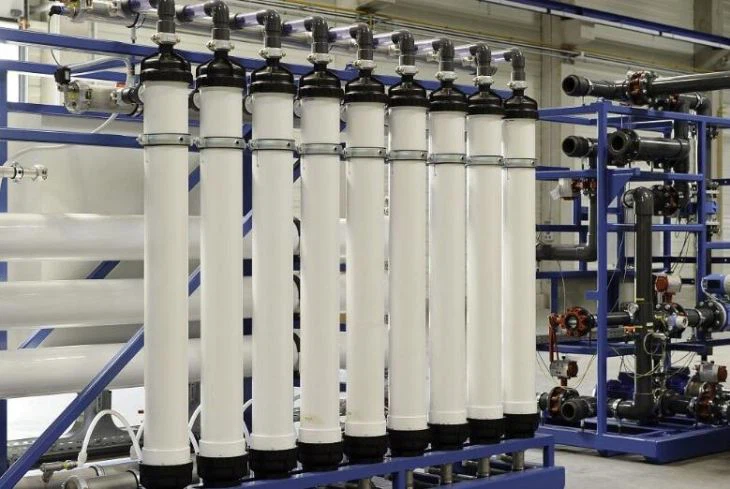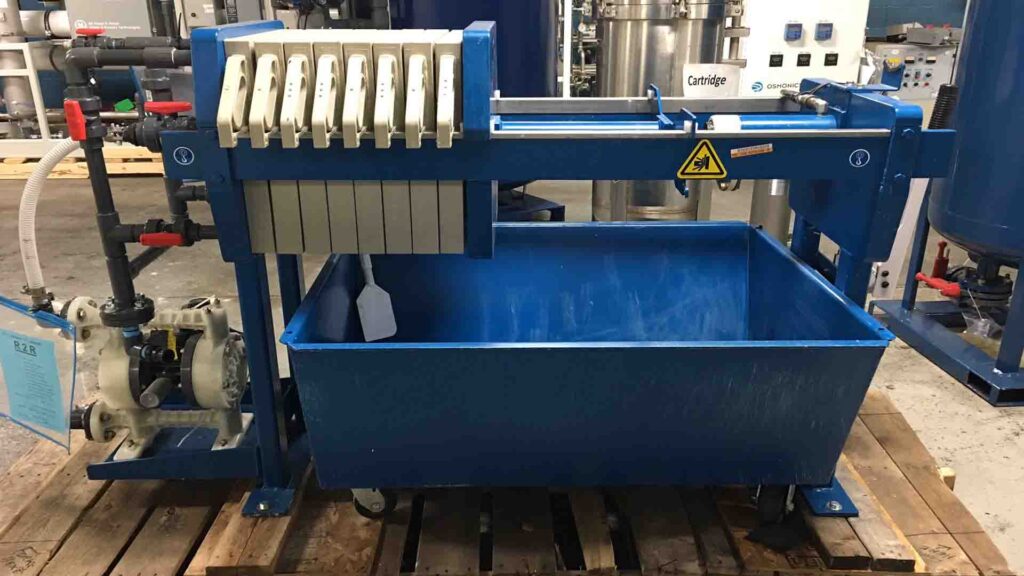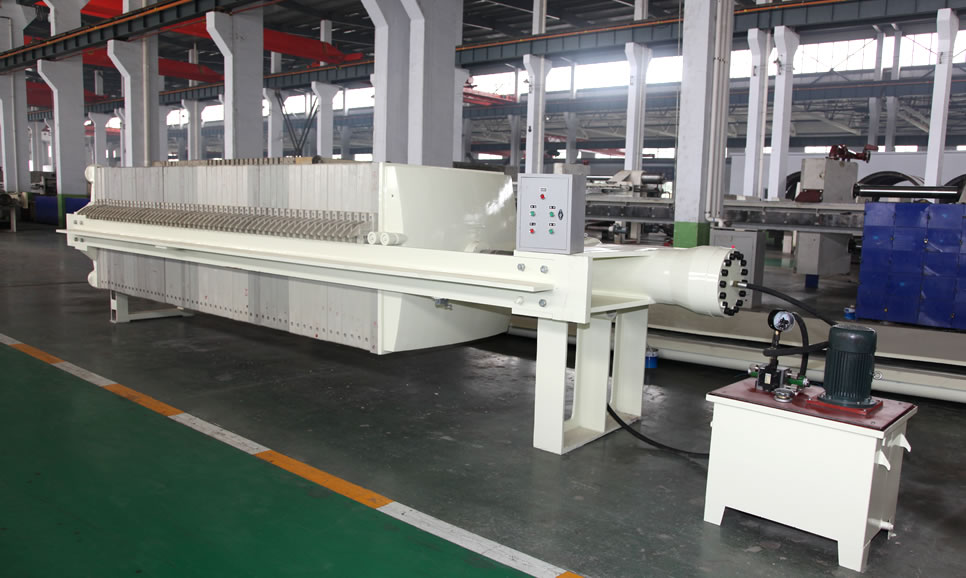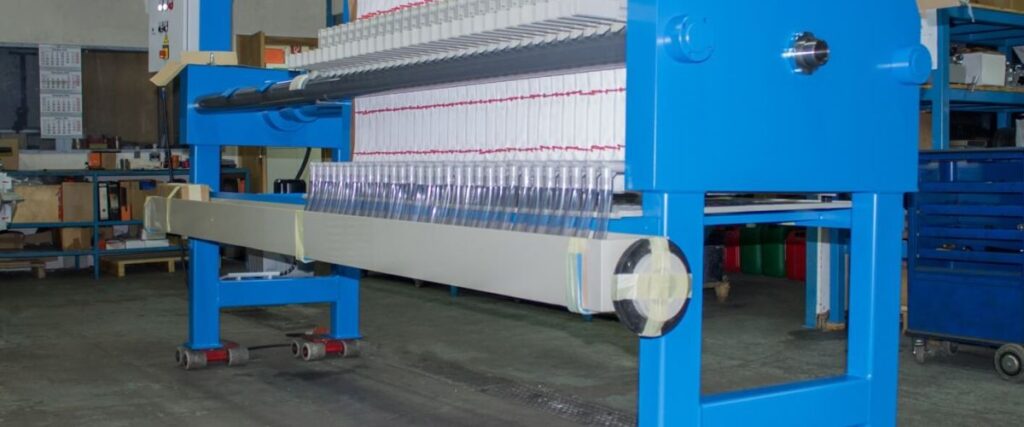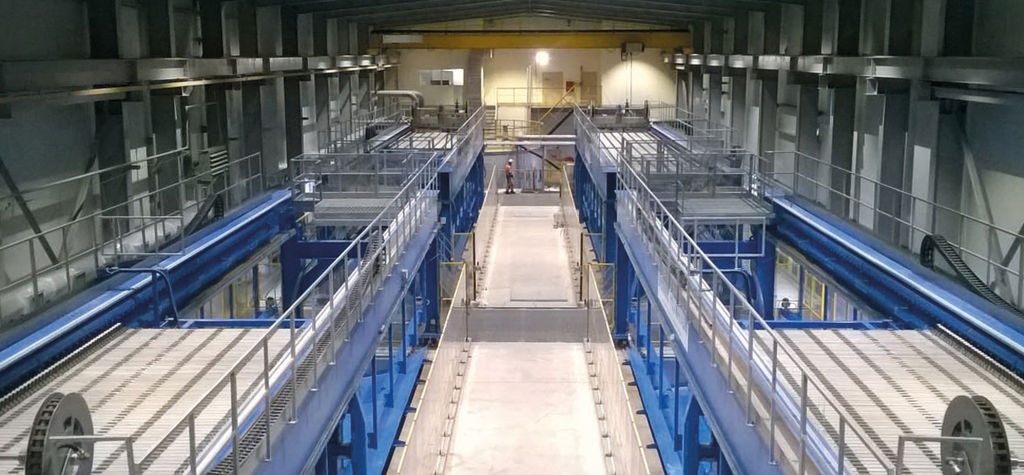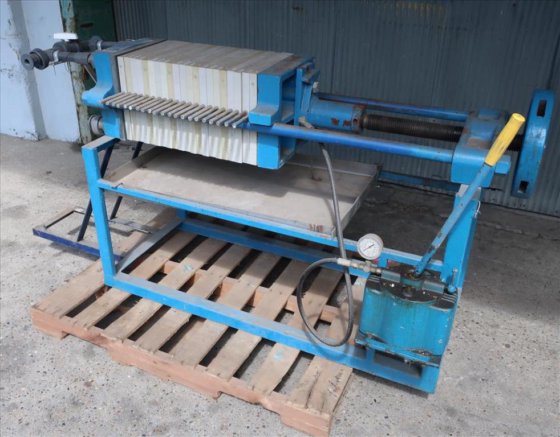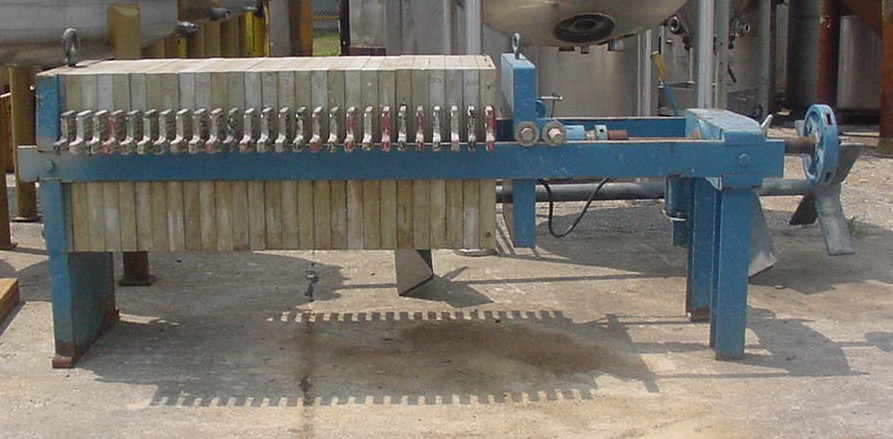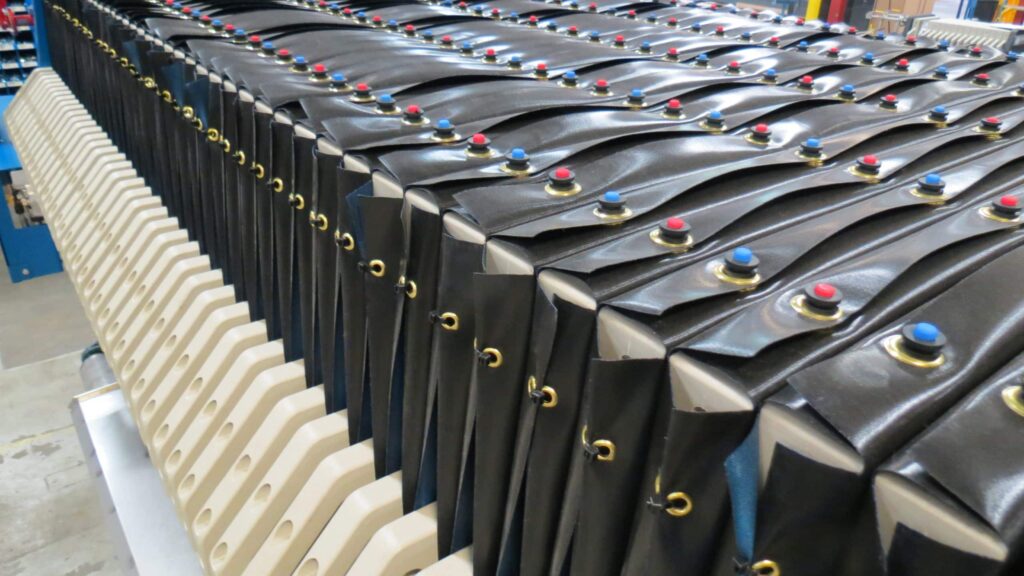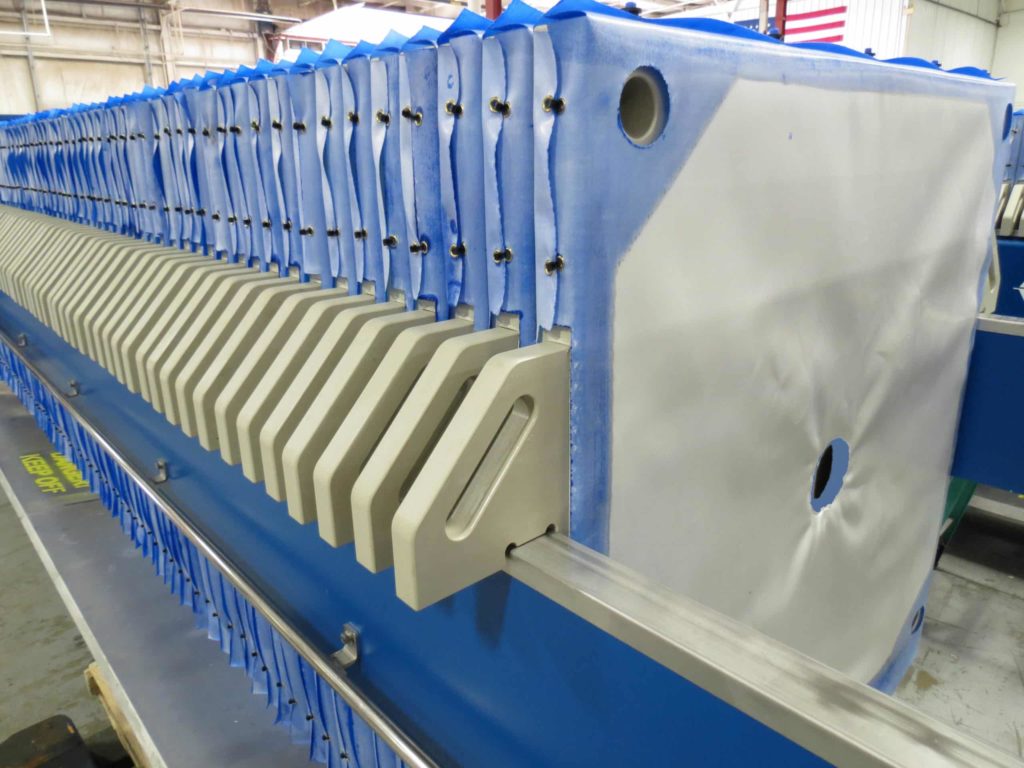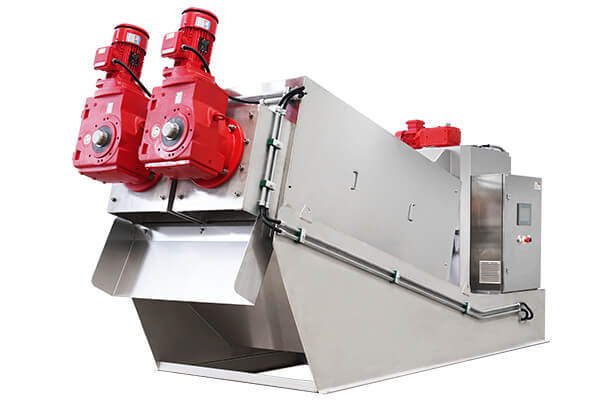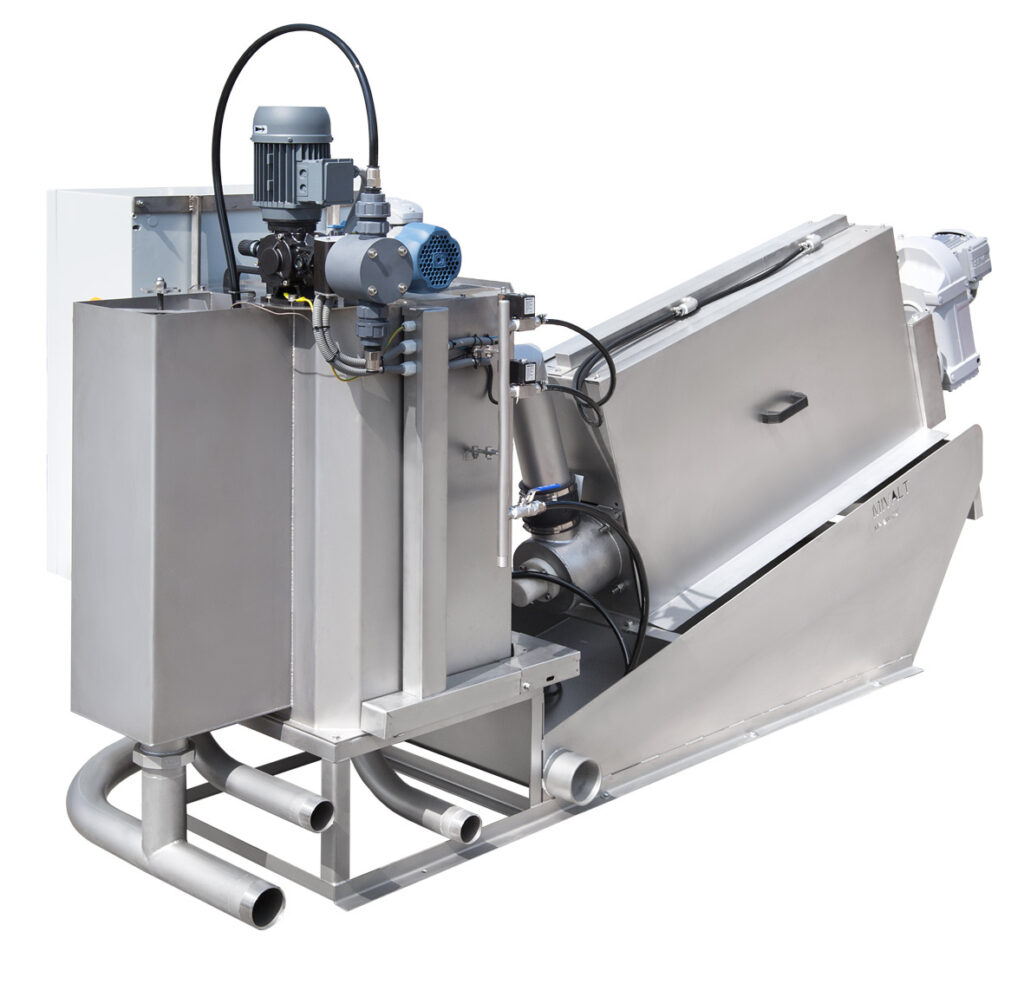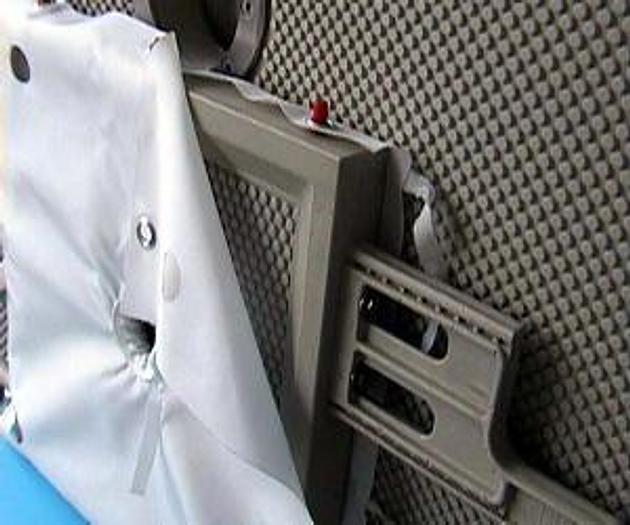Today this article can provides us the valuable information on selecting the right machine for your coconut oil production needs. Explore the key considerations, such as capacity, automation level, and quality, that affect coconut oil making machine prices. Whether you’re a small-scale producer or a commercial enterprise, this article offers valuable insights to help you find the ideal coconut oil making machine.
Explore the key factors to consider when purchasing a coconut oil making machine and gain insights into their prices. This comprehensive guide covers the essential aspects of selecting the right machine for your coconut oil production needs. Whether you’re a small-scale producer or a commercial enterprise, this article provides valuable information on the factors that influence coconut oil making machine prices and helps you make an informed decision.
Understanding Coconut Oil Making Machines
Coconut oil making machines are specialized equipment designed to extract oil from coconuts. They come in various capacities and levels of automation, offering different features to suit specific production requirements.
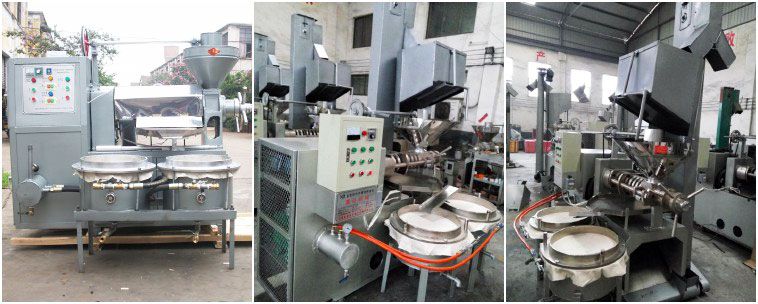
Factors Affecting Coconut Oil Making Machine Prices
Several factors influence the prices of coconut oil making machines. The first consideration is the capacity of the machine, which determines the amount of oil it can extract per hour or per day. Additionally, the level of automation and the quality of materials used in the construction of the machine play a significant role in determining its price. Furthermore, the brand reputation and additional features, such as temperature control and filtration systems, can also impact the cost.
Price Insights for Coconut Oil Making Machines
The price range for coconut oil making machines varies depending on the factors mentioned above. Small-scale machines with lower capacities and manual operation can start from a few hundred dollars.
Mid-range machines with medium capacity and some automation features typically range from a few thousand to several thousand dollars. High-capacity, fully automated machines with advanced functionalities can range from several thousand to tens of thousands of dollars.
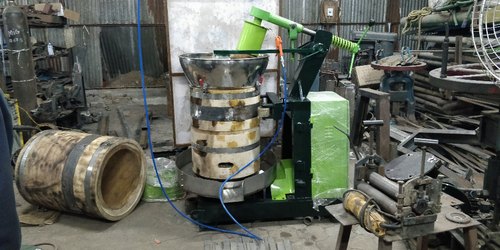
Example: Choosing the Right Machine for Small-Scale Production
Suppose you are a small-scale coconut oil producer. In that case, you may opt for a compact, manually operated machine with a lower capacity to meet your production needs within a limited budget. These machines are cost-effective and allow for hands-on control, making them suitable for small-scale operations.
Conclusion
In conclusion, selecting the right coconut oil making machine requires considering several essential factors. The capacity, level of automation, quality, brand reputation, and additional features all contribute to the machine’s price. Understanding your production requirements and budget constraints is crucial in making an informed decision.
Whether you’re a small-scale producer or a commercial enterprise, carefully evaluate the factors and price range to find the coconut oil making machine that suits your needs. With the right machine, you can efficiently produce high-quality coconut oil for various applications.
